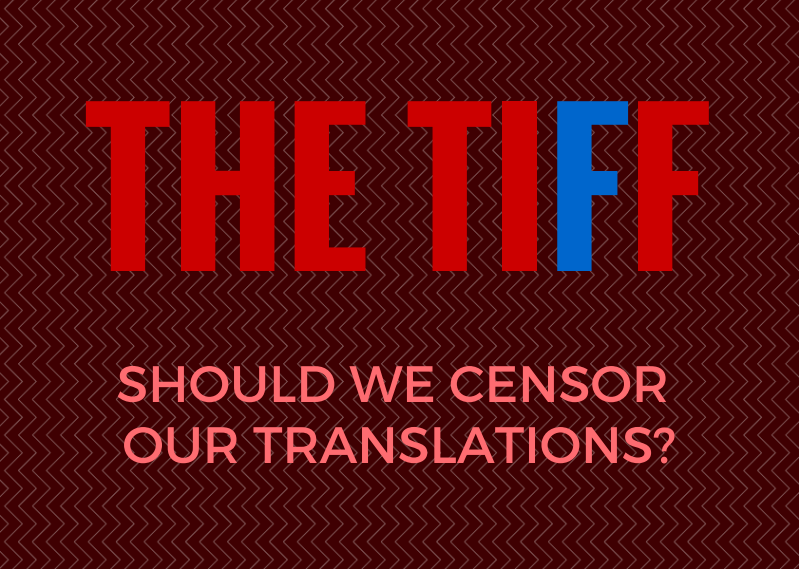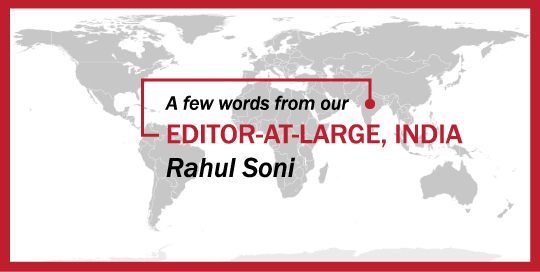No longer plagued by censors and paper shortages since the end of communism, the publishing industry in former Czechoslovakia has faced other kinds of constraints that it shares with much of the commercially-driven world in which we live. Literary scholar and critic Ivana Taranenková shares with Asymptote’s Slovak editor-at-large Julia Sherwood the findings of a survey comparing editorial practices in Czech and Slovak publishing houses before and after 1989. The survey was carried out by the web journal Platform for Literature and Research, which Taranenková runs together with her colleagues Radoslav Passia and Vladimír Barborík.
Recent publications of new literary works by Slovak authors as well as works in translation have exposed a trend that is trivial yet irksome. While the number of published books continues to grow and their visual quality is improving, pundits have increasingly noted the declining standard of manuscript editing. This is a problem not just for literary reviewers, but also for those who judge literary awards when they assess each year’s literary output.
Editorial standards are often so dismal that these poorly edited manuscripts can no longer be seen as just isolated instances of incompetence or failure on the part of individual editors (as some reviewers have suggested), but rather as a systemic issue. Other than in some major publishing houses, the profession of editor appears to be waning, a victim of the drive for “increased efficiency” in publishing, and a growing reliance on outsourcing that requires a smaller investment of time and money per book, ultimately resulting in dilettantism. The same also applies to emerging independent publishers.



